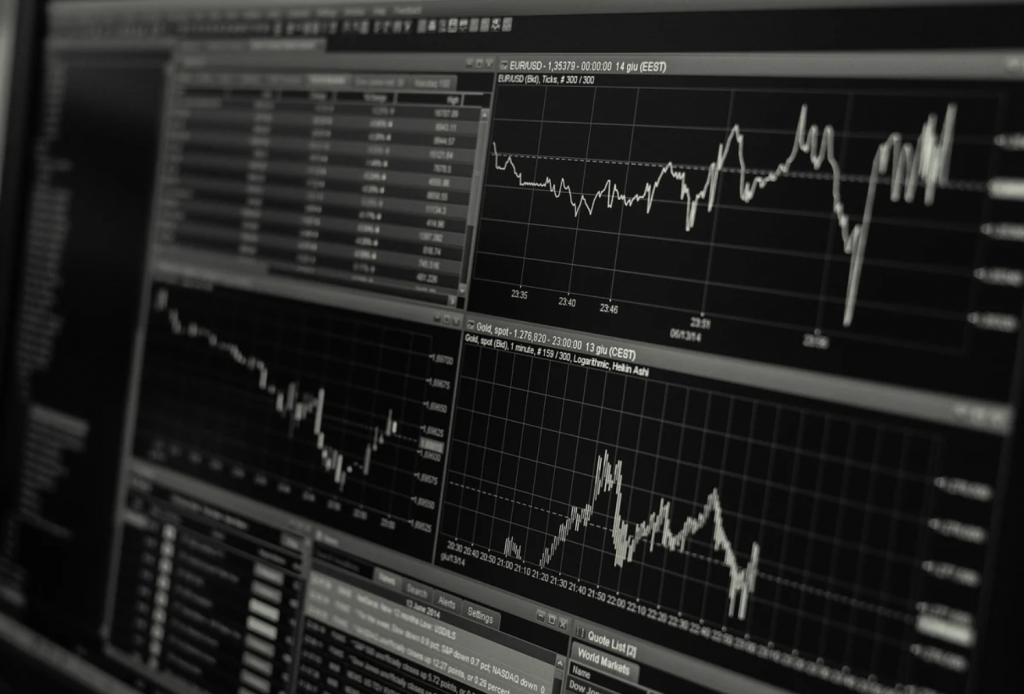US Economy Is Not In Good Shape, Recession Imminent?
Economists are waiting for the next jobs report to get a better sense of how far the US economy has declined.
This article is more than 2 years old

With inflation still running rampant, the American labor market has remained strong throughout the hard times, but economists have warned that things may start to change. The latest data is beginning to show that consumers are becoming more conservative regarding spending.
This is causing a domino effect throughout all business sectors. Due to less custom, the job market is decreasing, business activity is slowing, and housing is beginning to decline. Many people are waiting for the monthly job report to confirm that these preliminary numbers are accurate and that the economy is declining even further.
The Federal Reserve has confirmed that the American job market needs to reduce to a more sustainable level long term so that they can finally overcome and reduce inflation to a manageable number. The Federal Reserve has increased interest rates from basically zero to 5 percent in an effort to combat inflation and let the US economy recover.
The job market has exceeded any expectations given by expert economists, and unemployment numbers sit at 3.6 percent, which is the lowest in five decades. But as multiple sectors are scaling back hiring efforts, this number may begin to rise over the next few months.
Preliminary numbers from the private sector show that the job market rose by 145,000 jobs, which is 55,000 less than the predicted number, proving that the American job market is slowing. Also, wage increases have slowed from 7.2 percent to 6.9 percent.
Many economists and banking experts have said that the American consumer is single-handedly keeping the US economy afloat, but their spending seems to be reducing. Figures from February have shown a dip in consumer spending, and March’s figures are expected to show a bigger cooling-off period for consumers.
As credit conditions tighten and with everyone still a little shaken from the recent collapse of Silicon Valley Bank, it is leading to slow spending. Along with consumer spending, home sales, business investment, and commercial real estate have all plummeted over the last year, sending many business sectors and the US economy into more turmoil.
Along with the many problems in the US economy, there are also problems overseas for America. Growing tensions between both China and Russia have led to financial isolation. This tension has slowed international investments, reduced asset prices, and caused the global financial system to become unstable.
These geopolitical tensions could drive interest rates further and disrupt supply chains and the commodities market. These disruptions could eventually cause inflation rates to increase once more. This stress on American banks will stop them from lending or taking risks on new business ventures that need capital to propel economic growth.
Even bullet-proof businesses like Walmart are planning a reduced profit margin and a slowdown in hiring over the next year. They plan to focus on developing artificial intelligence to implement in their store and make their shopping experience a technological-advanced one.
It is hard to know what will happen in the US economy over the next year as the many variables can change daily. People and businesses are bracing themselves for something to come, but no one what that is or how bad it is going to be.





